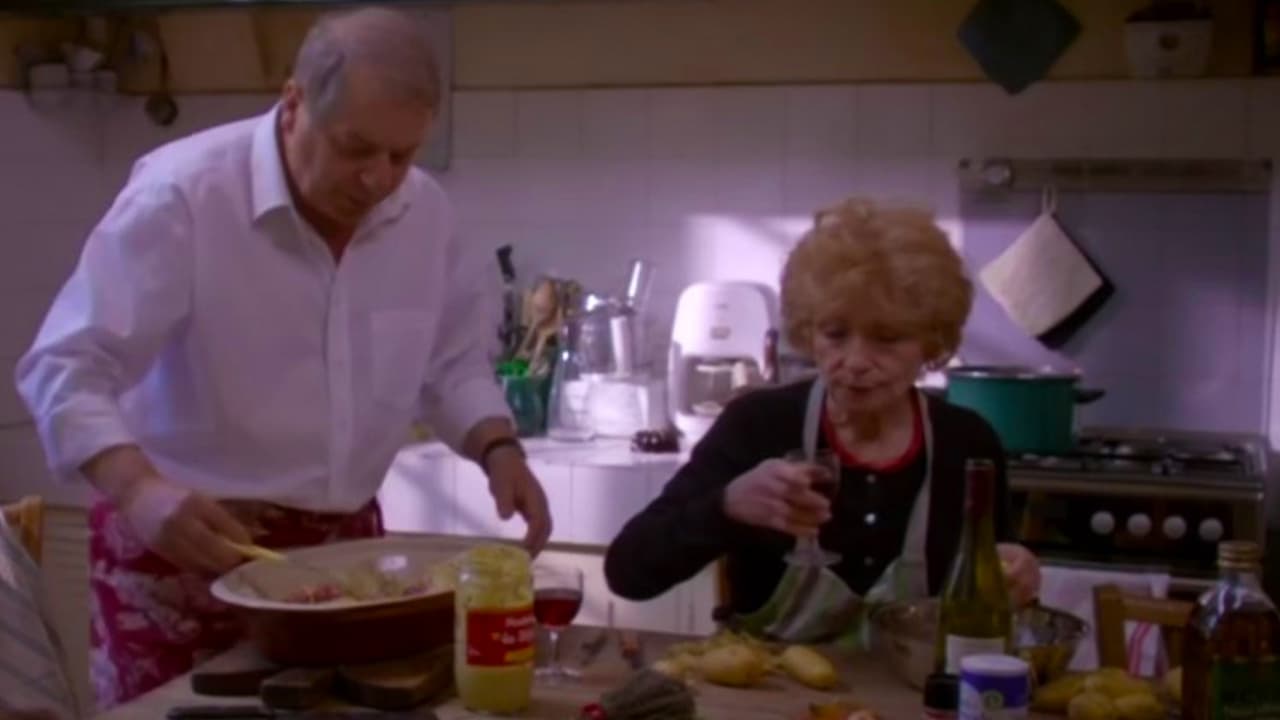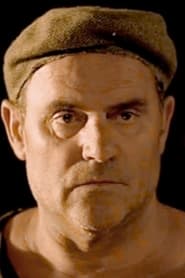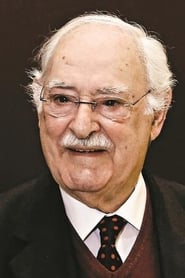The best Frédéric Pierrot’s history movies
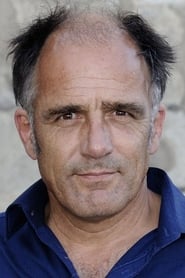
We present our ranking of the best Frédéric Pierrot’s movies. Do you love cinema? Or are you looking for a movie of your favorite actor to watch tonight? Surely you have some to see or that you did not know yet about Frédéric Pierrot.
Land and Freedom
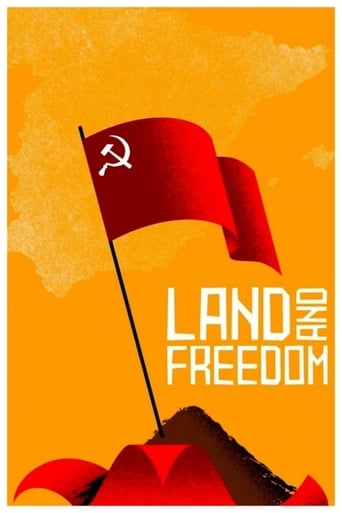
7.5/10
David Carr is a British Communist who is unemployed. In 1936, when the Spanish Civil War begins, he decides to fight for the Republican side, a coalition of liberals, communists and anarchists, so he joins the POUM militia and witnesses firsthand the betrayal of the Spanish revolution by Stalin's followers and Moscow's orders.
Marguerite & Julien

5.1/10
Julien and Marguerite de Ravalet, son and daughter of the Lord of Tourlaville, have loved each other tenderly since childhood. But as they grow up, their affection veers toward voracious passion.
Captains of April
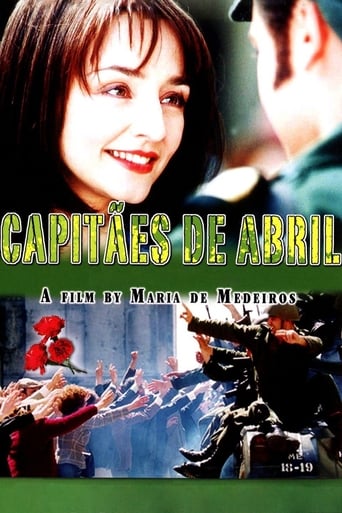
7.1/10
Story of the 1974 coup that overthrew the right-wing Portuguese dictatorship--which continued the fascist policies of long-time dictator Antonio Salazar--and of two young army captains who were involved in it.
Artemisia
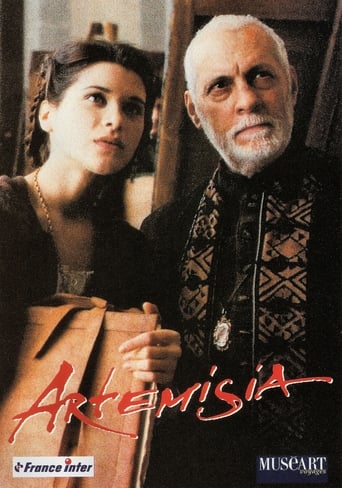
6.7/10
Artemisia Gentileschi (1593-1653) was one of the first well-known female painters. The movie tells the story of her youth, when she was guided and protected by her father, the painter Orazio Gentileschi. Her professional curiosity about the male anatomy, forbidden for her eyes, led her to the knowledge of sexual pleasure. But she was also well known because in 1612 she had to appear in a courtroom because her teacher, Agostino Tassi, was suspected of raping her. She tried to protect him, but was put in the thumb screws...
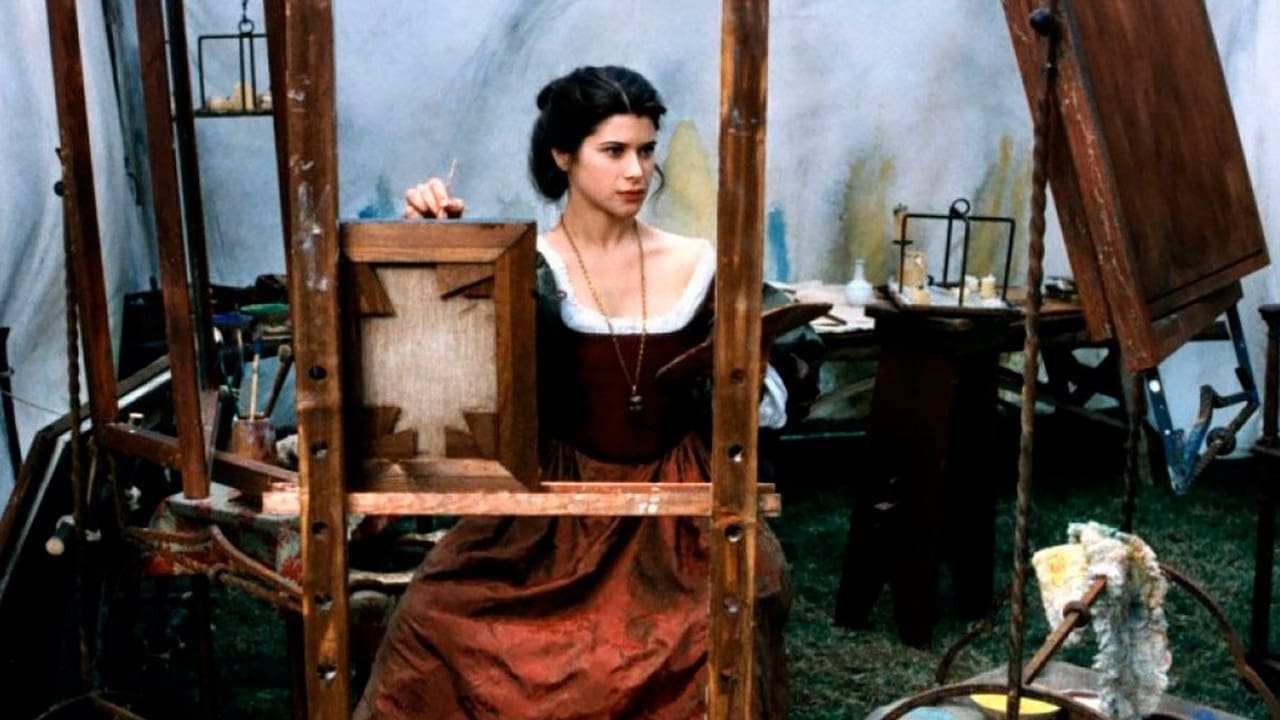
Adieu De Gaulle adieu
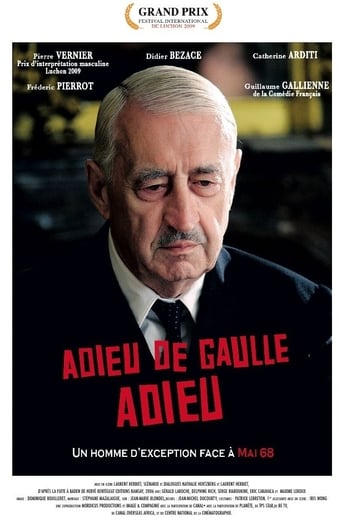
7.1/10
I Invite You to My Execution
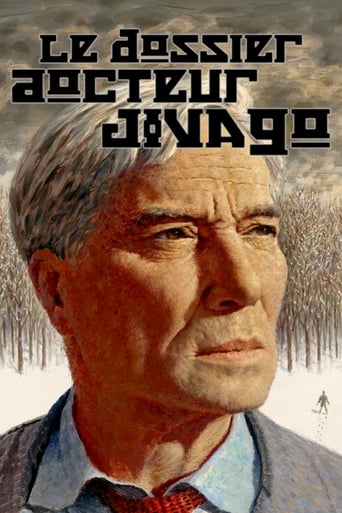
6.8/10
As Russian writer Boris Pasternak (1890-1960) thinks it is impossible that his novel Doctor Zhivago is published in the Soviet Union, because it supposedly shows a critical view of the October Revolution, he decides to smuggle several copies of the manuscript out of the country. It is first published in 1957 in Italia; the author receives the Nobel Prize in Literature in 1958, which has consequences.
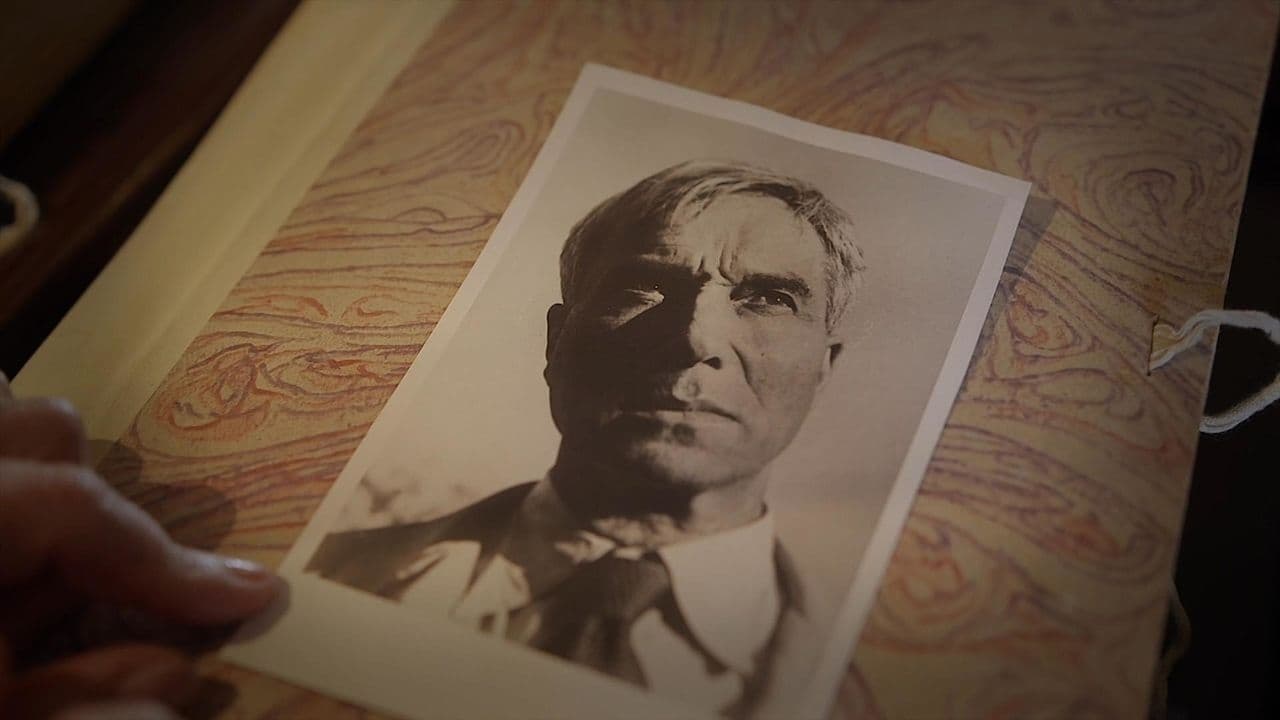
Retour à Malaveil

Pas de politique à table

